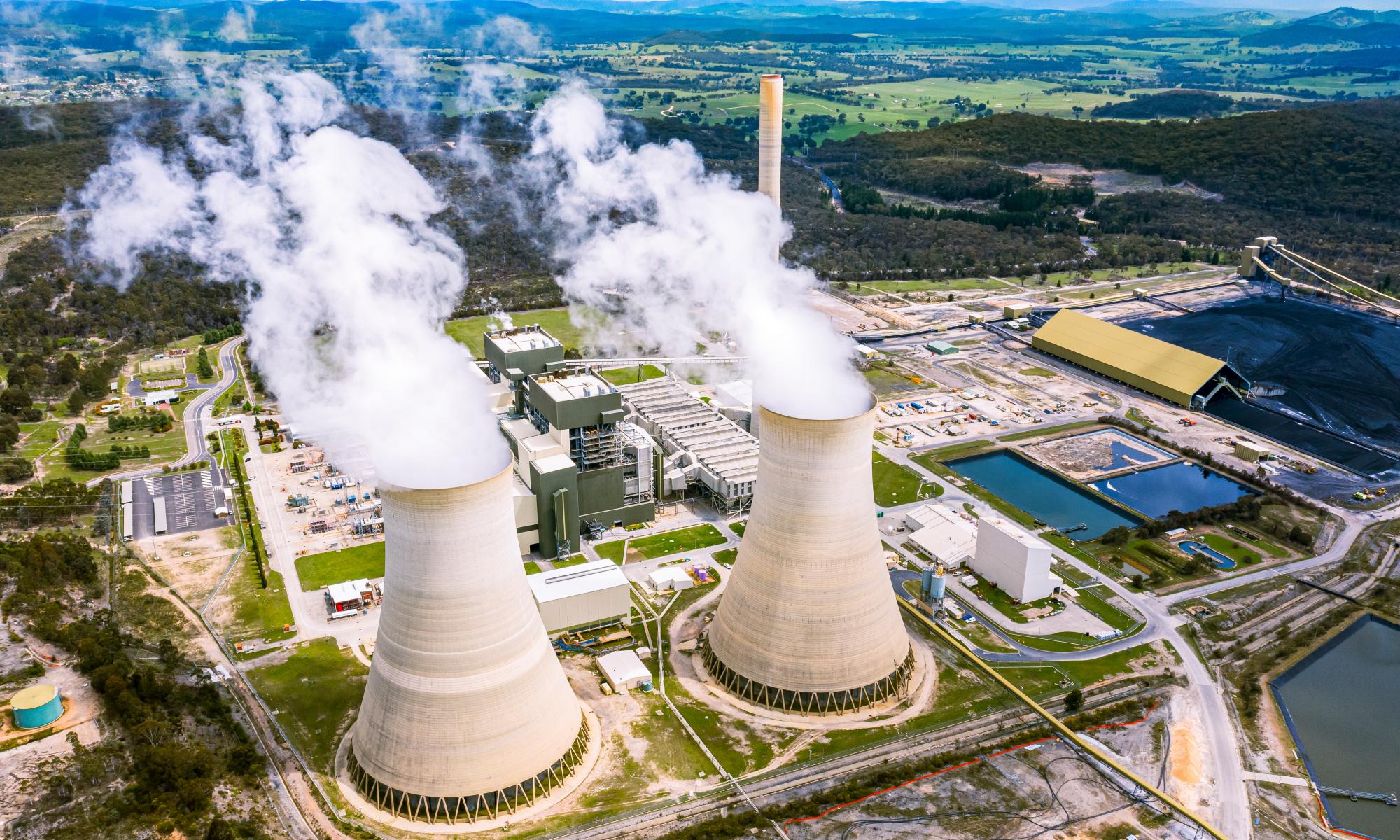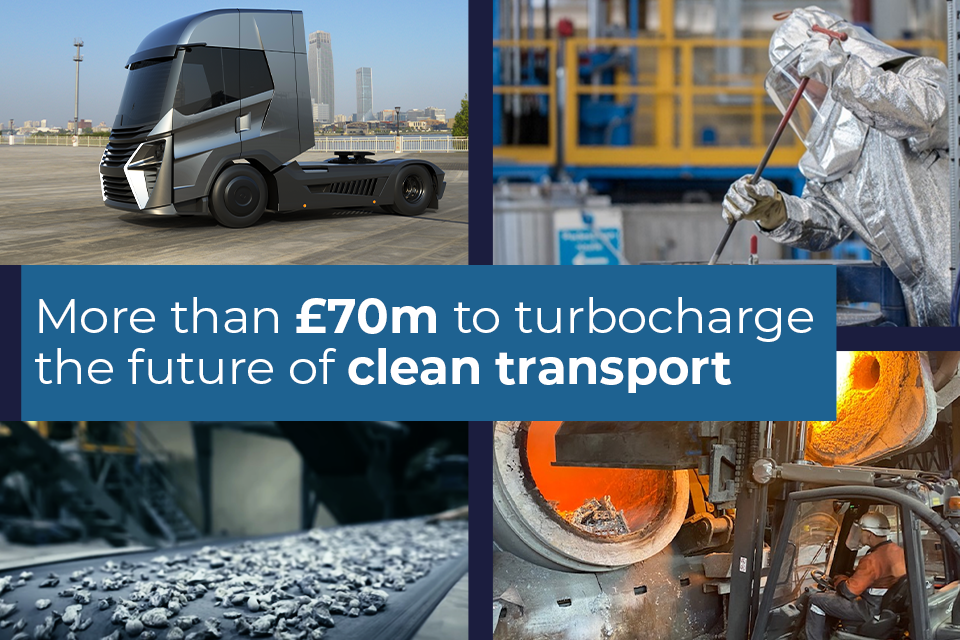If Liz Truss is looking to give her leadership a new start, a cross-party group of MPs has suggested some answers, in the form of a 10-point wishlist for climate and nature.
Tripling the capacity of floating offshore windfarms, restoring 30% of the UK’s saltmarshes and seagrass meadows, and expanding the existing energy company obligation to make more homes efficient, are among the recommendations by the MPs on the all-party parliamentary group (APPG) on the environment.
Most of the measures could be taken easily and with support across parliament, their new report, published on Tuesday, suggests. Some are technical, such as expanding the Treasury’s tax breaks on investment to cover skills and non-physical capital, and cutting VAT on public electric vehicle charging points from 20% to 5%.
The MPs are also calling on the prime minister to create a net-zero devolution deal to cover all the UK’s devolved governments, and to use the Environment Act to introduce ambitious targets on the restoration of the natural environment. A new office for carbon removal should regulate carbon offsetting, and there should be more funding to help farmers cut their greenhouse gas emissions.
Truss’s determination to deregulate, by sweeping away environmental protections and planning regulations, has earned her the ire of the UK’s conservation groups. But the new chancellor, Jeremy Hunt, has indicated a willingness to rip up measures in the previous mini-budget, and U-turns on Downing Street’s deregulatory zeal could win them back over.
Beccy Speight, the chief executive of RSPB, said: “Tackling the nature and climate crisis needs strong and bold global leadership, but this must start at home. The simple fact is that without ambitious and long-term targets for nature’s recovery, the government can’t possibly deliver on its own environmental promises. Investing in and growing our network of protected areas, and making sure they are maintained and enhanced for wildlife and people, is an essential step and one that mustn’t be delayed or discarded.”
The cross-party group of MPs has the backing of nature and environment charities, as well as the renewable energy and electric vehicle industries, and many in local government.
Alan Whitehead, the Labour MP and an environment APPG vice-chair, said insulation must be a priority as the government grapples with the cost of living crisis. “Expensive fossil fuels are leaving UK homes cold and destroying the planet. We need a retrofit revolution to permanently bring down energy bills and carbon emissions whilst creating jobs across the country,” he said.
The energy company obligation, under which households on the lowest incomes can have a variety of energy efficiency measures installed, was boosted by £1bn over three years by the last chancellor, Kwasi Kwarteng. But Hunt could do much more, the APPG found.
Whitehead said: “Expanding the energy company obligation to improve the energy efficiency of homes for middle- and low-income households is a basic first step we can take that would allow that change to begin.”
Transport must also play a key role, according to Alexander Stafford, a Conservative MP and another vice-chair of the group. “The UK is on the edge of an electric vehicle revolution and the high rate of VAT on public charging marks a key barrier to speeding along the transition away from petrol and diesel. Equalising VAT to the same rate as private charging will be vital in improving access to affordable charging, and decarbonising transport.”
Caroline Lucas, the Green party MP, added that the prime minister must burnish the UK’s nature credentials before she travelled to the Cop15 biodiversity summit in Canada this December. “The UK has become one of the most nature-depleted countries in the world. If we are to halt and reverse the perilous decline in nature and destruction of wildlife, then the targets set under the Environment Act must not only be credible and comprehensive, but, crucially, delivered,” she said. “Not only must our prime minister attend [the Cop15] summit, but our UK delegation must come to the table ready to take serious action both at home and on the world stage.”


